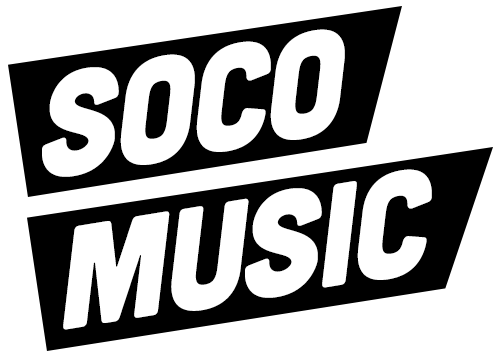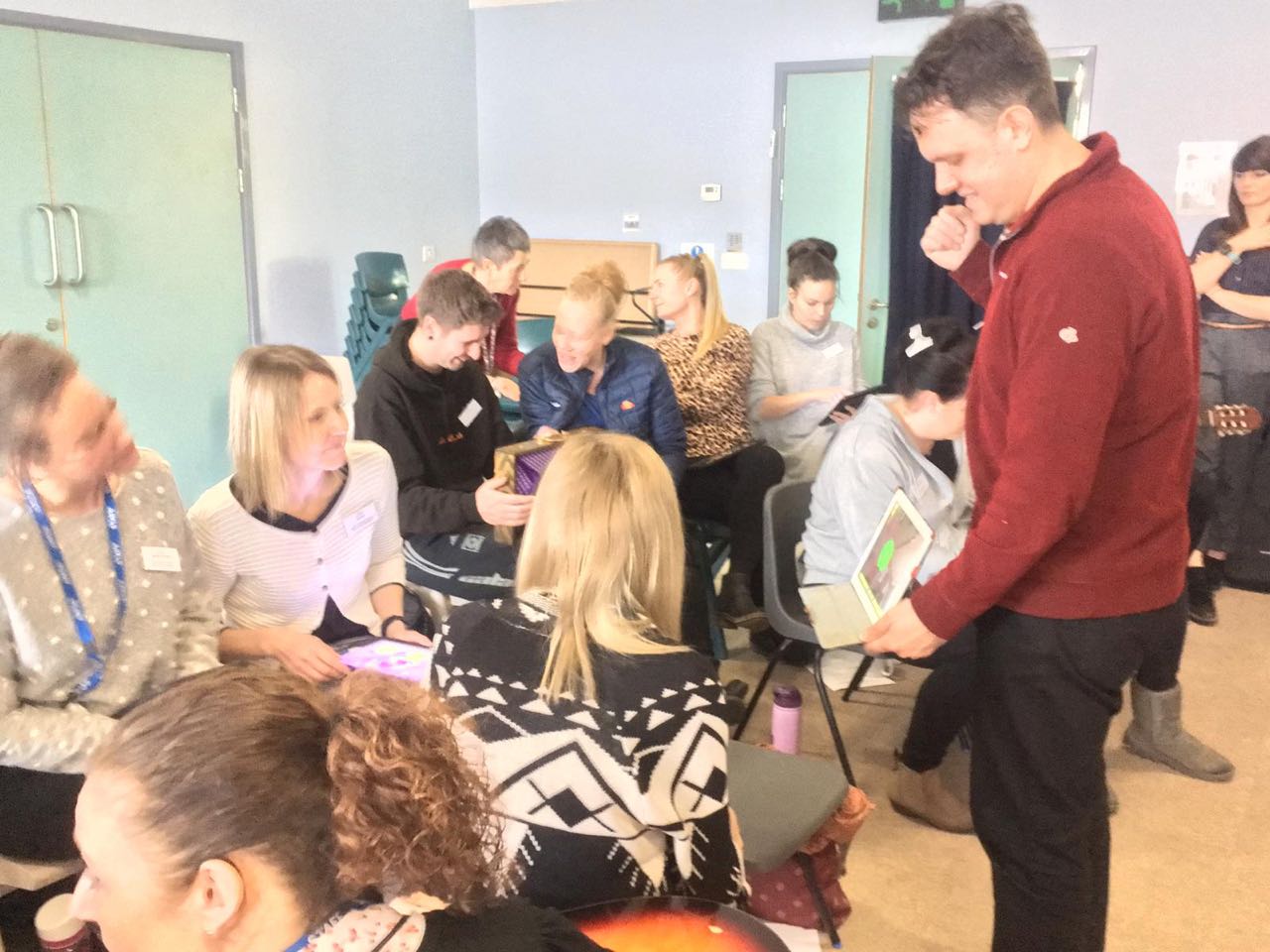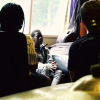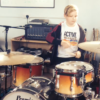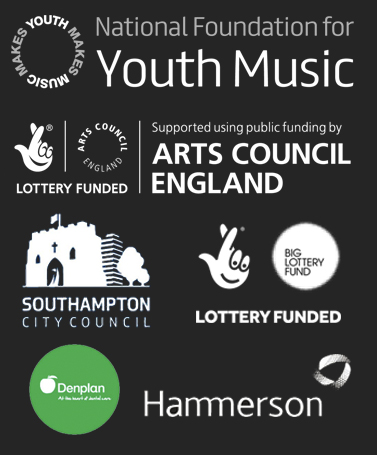Music matters. We know music matters.
It matters to us all – it lifts us, comforts us, evokes memories, connects us to places and people, and helps us to express ourselves. Whether we are making music, listening to it, or moving to it, music matters.
Against the background of cuts to funding that many of us are familiar with, funding for music within education has dropped dramatically. Alongside this, there has been a disproportionate and alarming decrease of funding for specialist care, provision and learning environments for Early Years/Reception learners with additional needs and the practitioners that support them. This combination has left huge gaps in provision and support.
We know that making, listening to and moving to music and even talking or thinking about music can have profound effects on all people, and children with additional needs’ rights are no different from anyone else. We believed that we could find a way to address the gaps.
Thanks to the trust and funding from Youth Music, a fantastic partnership with the Royal College of Music, and the creative mind of music practitioner, ethnomusicologist and composer Dr Ignacio Agrimbau, we were able to embark on an ‘action research’ project that we called Sustainable Early Years Music (SEYM) between April 2019 and October 2020.
‘Action Research’ means that we had an idea about a new way of working, which we assessed and developed wirth partners. We then tried that out in a live setting with partners to see how it would go.
‘Sustainable’ means we wanted to build on and develop existing skills in non-music teaching staff and associated professionals, so that they could integrate music engagement into their general work with children, and deliver it, after our project ended, and then year after year.
We were fortunate to work with two great education partners in the very beginning. These were the Early Years team at Rosewood Free School in Southampton, and the Reception team at Springwell School in Southampton. As the project progressed we were able to take it out to the wider nursery provision through our work with the SENCOs operating within Southampton City Council Early Years and Childcare Service. Rosewood Free School is a day school for pupils aged 2-19 years with profound and multiple learning difficulties (PMLD), and Springwell School is a primary school for children aged 4 – 11 years with complex learning difficulties. Both put the needs and responses of the children they teach at the heart of teaching, and this is something we wanted to support with SEYM. We recognised that if we talk about ‘music making’ we tend to have a very specific picture in our mind of what that looks like – someone with a guitar, or playing a piano or violin. We thought hard about inclusivity, recognising that our learners’ experiences and perceptions of music and sound (and the world at large) are unique, and impossible for us to fully comprehend. We discussed the risk of practices ‘dis-abling’ learning perhaps by intervening ‘too soon’ if the music being made did not match mainstream expectations of what ‘good music’ might look or sound like. Music can look and sound very different for different children. Focusing our team, and the professionals we worked with, on being fully child led enabled us to mitigate many of the risks we identified and empowered the Early Years workforce.
The impact of SEYM has been immense and we are proud to share these quotes from colleagues.
Niki, Early Years teacher at Rosewood, said ‘ Being part of the project has definitely changed my ‘musical interactive’ practice. I am more likely to use ‘vocal play’ response in intensive interaction – or use vocal response as ‘modelling of mood’ rather than words. We’ll use instruments a lot more. It has become a ‘go to’ activity rather than a ‘we should’ activity. It is part of the way we work now. ‘
And Clare, Reception teacher at Springwell said, ‘We are grateful and full of thanks for all Iggy has brought to us with this project. Looking forward to showing it through at staff team and embedding it in practice.”
We are incredibly grateful to Youth Music for trusting our enquiring minds – we really believed it would pay off. And it did. Since the beginning of the project in 2019, we are proud to say that we delivered hundreds of sessions to around 188 children and 74 staff in twelve settings. With further support from Hampshire and Isle of Wight Community Foundation we were able to produce videos which explore what happens when a child is making music and how adults can support that in different ways. We are excited to be presenting the findings of this project at the Training the Community Musician 2022 Symposium in February as we believe we have demonstrated that this way of working works, and that it can – and should – be rolled out across all Early Years and Reception settings.
